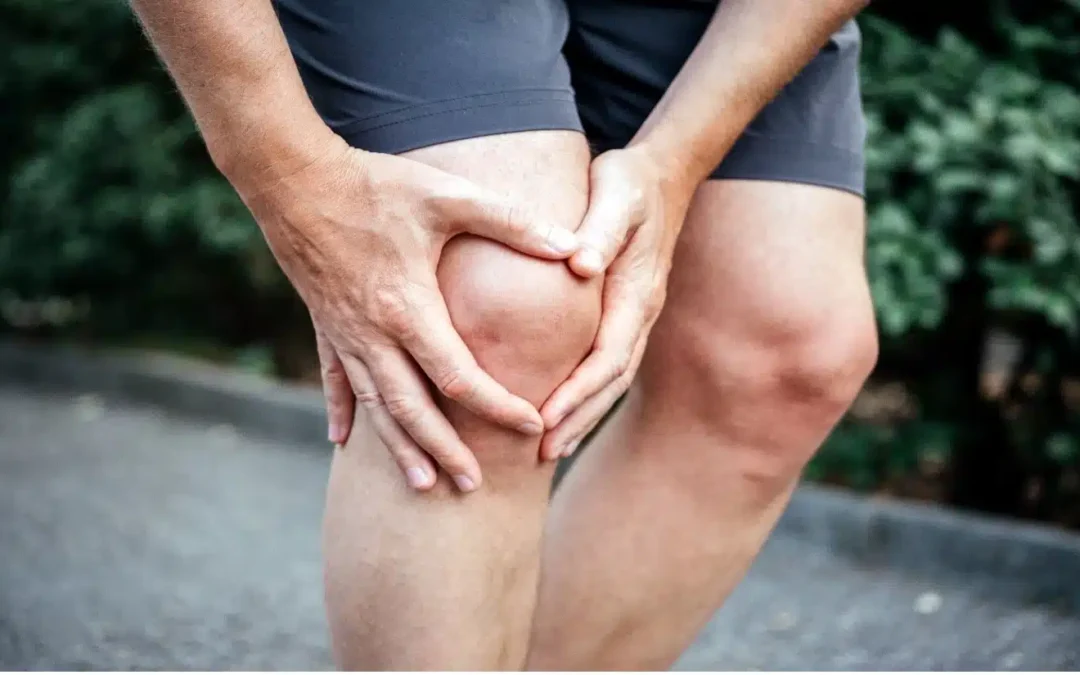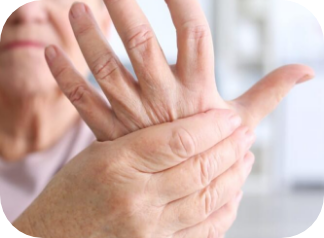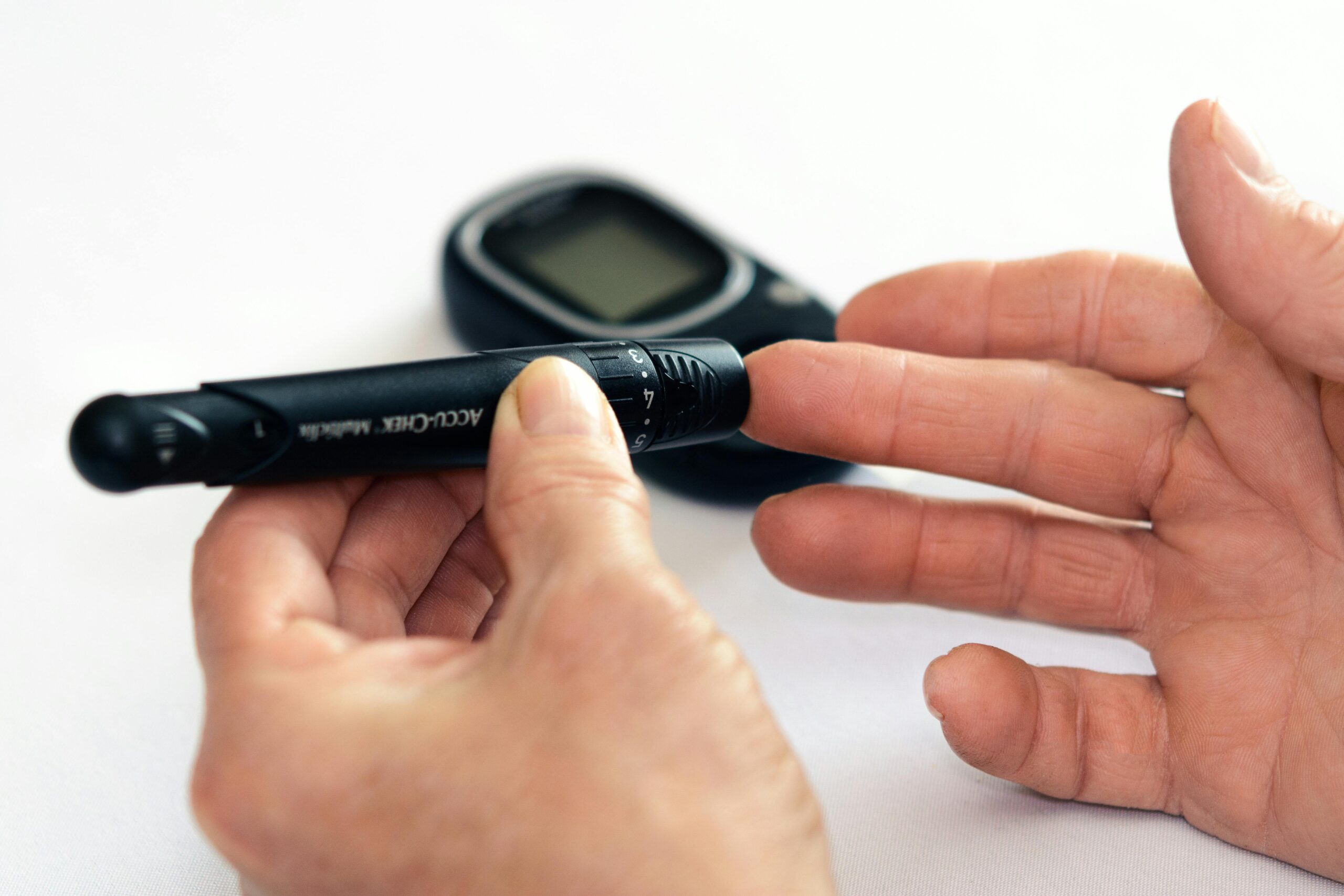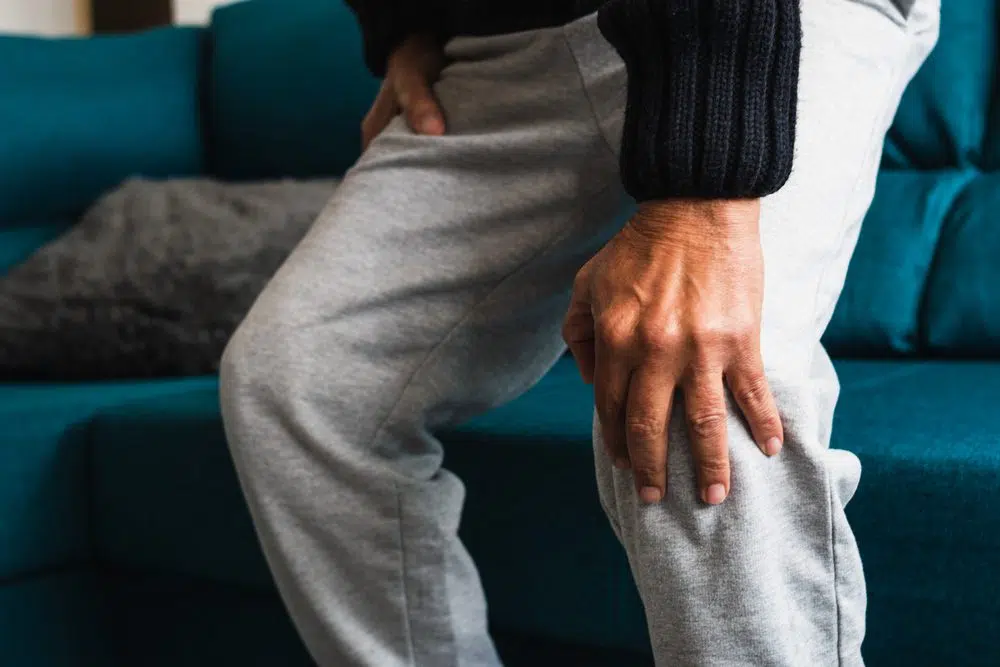
BLOG
Why Do Tendons Take So Long To Heal?
Tendons are thick, fibrous bands of tissue that anchor muscles to bones. They are extremely important for normal, coordinated body movements. Tendons are strong tissues; nevertheless, they’re prone to injury. Tendon injuries, especially common in athletes, are usually caused by overwork or sudden excessive force.

Compared to injuries to other types of tissue, tendon injuries take a lot of time to heal, which can be a cause of concern, especially for athletes who can’t afford to spend too much time away from the field.
In this article, we’ll look at why tendons take so long to heal and the available treatments for tendon injuries.
Tendons: Anatomy and Function
Tendons are present all through the body; wherever there are bones and skeletal muscles, there are tendons. Tendons are made up of bundles of collagen fibers that are arranged in parallel and tightly packed. This arrangement makes tendons extremely strong and resilient, so they can withstand a lot of force without getting damaged.
But tendons can also be quite stiff, so when exposed to excessive shearing force, they can be damaged. Tendon injuries can result in severe pain, joint stiffness and tenderness and may keep you away from activity for a long time.
Tipos de lesiones tendinosas
Cepas
Tendinitis
Tendinosis
Complete tear of the tendon
Treatments for Tendon Injuries
RICE
Descansa
Cirugía
Fisioterapia
Physical therapy is extremely effective in treating tendon injuries and is often considered the best treatment for mild to moderate tendon injuries after RICE.
A physical therapist helps develop a customized training program to improve strength and coordination of the muscles around the joint, improving mobility and reducing pain. The exercise program prescribed by a physical therapist includes strengthening and stretching exercises, which are carefully calibrated based on the type and severity of injury.
It is important to understand that self-prescribed exercises after a tendon injury are not a good idea; they can make the injury worse.

Why Do Tendons Take a Long Time To Heal?
- Lower blood supply: Unlike muscles, tendons do not have a rich blood supply. Injured tissue requires more nutrients and more blood to deliver the nutrients. Owing to low blood supply, when tendons are injured, they tend to heal slowly. Conditions like diabetes cause the blood supply to become even more compromised.
- Tendons weaken with age: With age, tendons become thinner, have a lower blood flow and sustain small damages that make them weaker and more susceptible to injuries.
- Tendon injuries develop gradually: Tendon injuries are likely a result of gradual wear and tear due to overuse or aging. A tendon is more likely to be damaged by a sudden impact if it is already weak due to repetitive microtrauma. So, tendon injury can result from damage that began long before.
How Long Does a Tendon Take To Heal?
Many factors determine the amount of time required for a tendon to heal, such as:
- Type of injury
- Severity of injury
- Which tendon was injured
- Activity levels
- Age and health
- Comorbidities (such as diabetes)
- Smoking
- Commitment to physical therapy
Regenerative Therapy for Tendon Injury
Struggling With Tendon Injury? Contact QC Kinetix
Our therapies have changed the lives of many people suffering from musculoskeletal pain. We know how excruciating tendon injuries can be, and we’re eager to help you recover quickly without surgery. Get in touch with QC Kinetix today!
Programa de inicio rápido para la salud ósea y articular
Los suplementos para la salud articular y ósea QC Kinetix ayudan a su organismo a reparar y renovar los tejidos articulares lesionados, incluidos cartílagos, ligamentos y tendones, al tiempo que reducen la inflamación de las bursas. A diferencia de los esteroides o productos farmacéuticos, nuestros suplementos para las articulaciones trabajan con su cuerpo para promover la curación.
Los suplementos pueden mejorar la salud general de las articulaciones como parte de un programa general de mantenimiento físico. Sin embargo, son especialmente valiosos para tratar las articulaciones dañadas o inflamadas y dolorosas. La Arthritis Foundation considera que los suplementos para la salud de las articulaciones son prometedores para aliviar el dolor, la rigidez y otros síntomas de la artritis.

QC Kinetix
Póngase en contacto con nosotros para hablar con un experto
*Rellene el siguiente formulario y un experto se pondrá en contacto con usted. Todos los campos son obligatorios.
* Por favor permita 30-60 minutos de tiempo asignado para reunirse con un especialista para determinar si usted es un candidato para nuestros servicios. Los exámenes están incluidos y son gratuitos. Al facilitar su número de teléfono, acepta recibir mensajes de texto promocionales y de marketing personalizados automatizados y recurrentes (por ejemplo, recordatorios de compra/visita) de QC Kinetix en el número de móvil utilizado al registrarse. El consentimiento no es condición para ninguna compra. Responda HELP para obtener ayuda y STOP para cancelar. La frecuencia de los mensajes varía.
Pueden aplicarse tarifas de mensajes y datos. Ver términos y privacidad.



